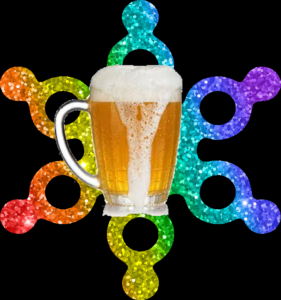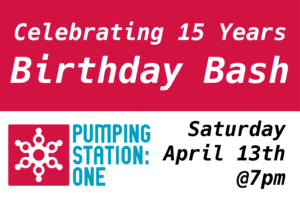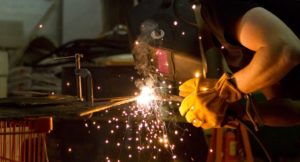
This month for SIGBOT, we’ll be having a special guest lecturer. One
of our own members, Darold Higa, will be presenting research he did
where he used genetic algorithm techniques to simulate interactions
between agents in settings that resemble our human history. The
abstract:
=====
Multi-Agent Virtual Histories: Disaggregating International Relations
Phenomena into Networks of Microinteractions
Concerns over the environment, terrorism, ethnic violence and state
disintegration have placed greater emphasis on exploring the possible
connections between resource scarcity and inter-group violence. The
wide range of divergent outcomes resulting from resource scarcity
suggests that the ideational context of resource scarcity is critical
in modeling this relationship. Developing an adequate model of the
relationship between scarcity and violence must therefore contain
elements that can reflect the origins, development and proliferation
of ideas and alternative economic strategies in order to adequately
explain real-world divergence in outcomes. Scarcity as a Complex
Adaptive System (SCAS) is one such model. SCAS uses an agent-based
model featuring cognitively complex agents on a differentiated,
three-dimensional landscape to explore the relationship between
resource scarcity and inter-group violence. In order to demonstrate
the efficacy of SCAS requires translating the model into a computer
simulation known as agentLand. AgentLand features adaptive agents that
learn experientially via Holland’s Learning Classifier System, learn
socially through communication and innovate through random strategy
generation. The resulting virtual histories created by agentLand show
that ideas, geography, density and communication are important, and
the proliferation of different strategies across a landscape of
adaptive agents can create a wide range of outcomes, paralleling
diversity found in the real world. Preliminary results show that by
using an ensemble of virtual histories, agentLand is able to generate
plausible virtual scenarios. Most importantly, this research opens the
door to a different way of conceptualizing and
modeling complex macro-level events as networks of microinteractions.
=====
So, what does this have to do with robotics? Darold is interested in
taking the techniques he used in his research and applying them to the
design of robots. After he gives his talk, we’ll have a discussion
about how we could go about doing that.
SIGBOT is the Special Interest Group for Robotics. We meet every 3rd
Thursday of the month at Pumping Station: One. We talk about robotics
topics and we design and build our own robots.






